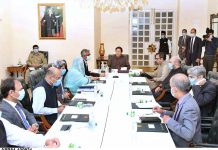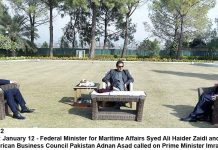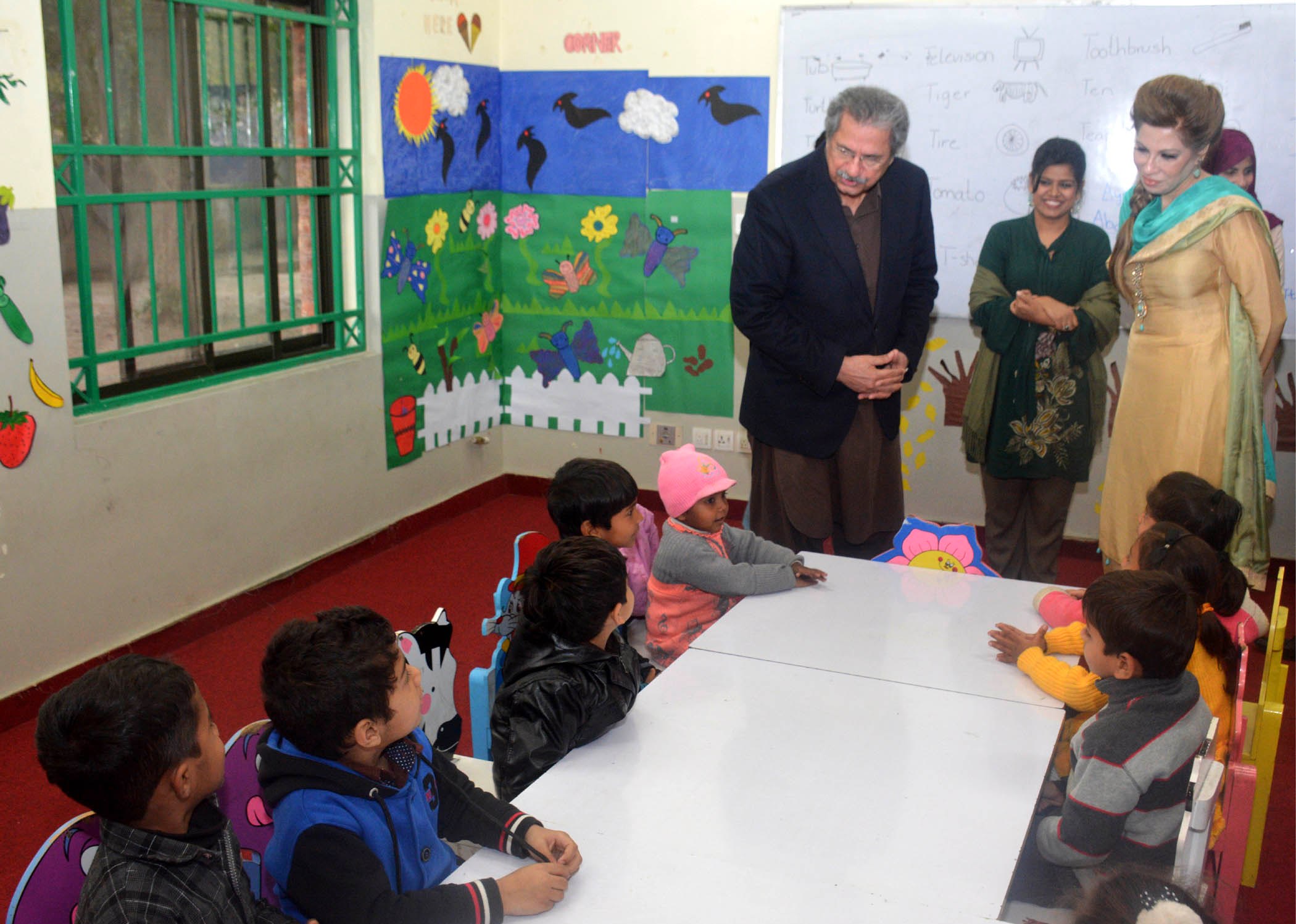
Federal Finance Minister Muhammad Aurangzeb has vowed to shut tax loopholes, improve investor confidence, and keep economic reforms on track. Speaking at the Rawalpindi Chamber of Commerce and Industry’s Independence Day event, he highlighted international appreciation for Pakistan’s reform efforts. Recent Gallup surveys, he said, indicate rising economic optimism, alongside a 60% surge in the stock exchange, a growing number of investors, and over 250,000 new company registrations.
Aurangzeb hinted at further cuts to the key policy rate later this year, citing a steady decline in both average and core inflation. In May, the State Bank of Pakistan reduced the policy rate by 100 basis points to 11%, surpassing market expectations of a smaller cut. Economic experts now anticipate the rate could drop to 10% by the end of 2025, aiming to stimulate business growth and encourage investment in multiple sectors.
The finance minister revealed that the government had concluded growth-focused agreements with the International Monetary Fund, secured a favourable tariff deal with the United States, and was negotiating key accords with China. He further announced plans to issue Panda bonds by year-end, set a benchmark for Sukuk bonds, and advance energy sector improvements to reduce overall business costs.
Highlighting governance reforms, Aurangzeb said rightsizing of 45 ministries was underway alongside an accelerated privatisation drive for state-owned enterprises. Additionally, reductions in electricity tariffs had already been implemented, with more cuts expected. These measures, he stressed, are aimed at easing production costs and strengthening the competitiveness of Pakistani industries in global markets.
Aurangzeb assured that tax reforms would not impose additional burdens on the salaried class. The prime minister, he added, is personally monitoring the transformation of the Federal Board of Revenue, with a focus on building a modern digital ecosystem. Regular monthly meetings with business chambers will also be held to address the private sector’s concerns and remove operational hurdles.
Calling for unity and shared responsibility, Aurangzeb emphasised that economic growth should be driven by the private sector, while the government’s role is to provide a favourable and stable business climate. He urged stakeholders to collaborate actively, ensuring Pakistan’s economy remains on a sustainable path toward long-term stability and prosperity.









